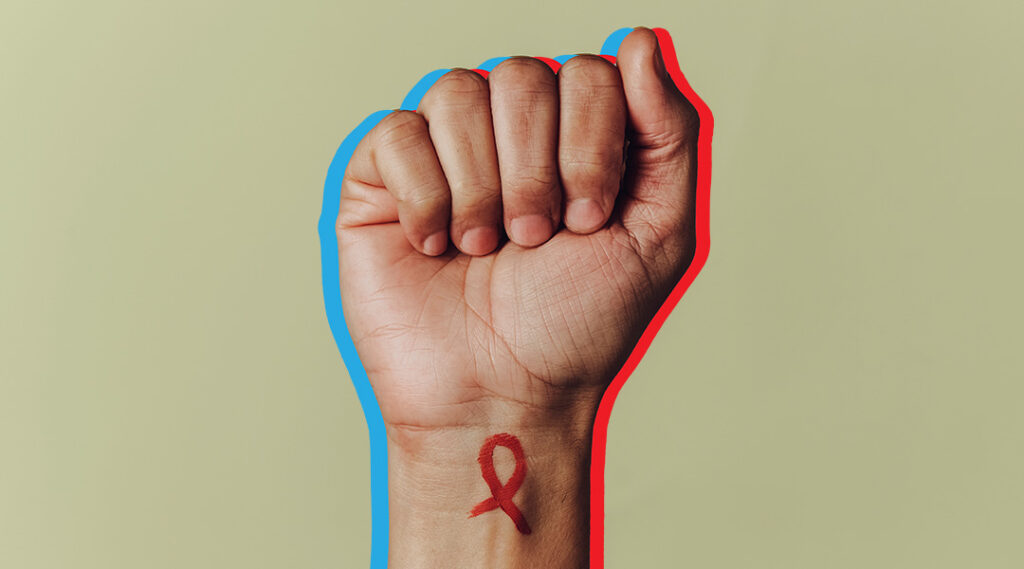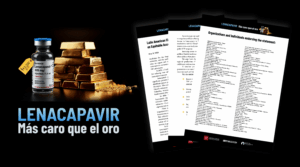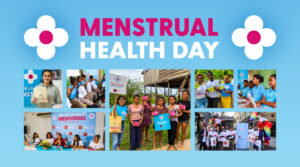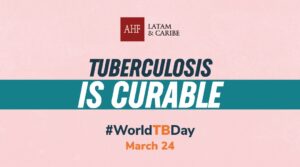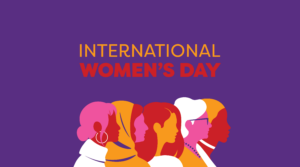In 1983, within the framework of the National AIDS Conference in the United States, the Advisory Committee for People with AIDS drafted and presented a document that it named the Denver Principles, a landmark statement on the rights and demands of people living with HIV/AIDS at the time.
The Denver Principles became a landmark, laying the foundation for the movement for advocacy and activism for people affected by the virus, and had a significant impact on the response to the HIV epidemic around the world.
People with HIV raising their voices
It should be remembered that in 1981 the first cases of what would later be called AIDS had been documented in the United States. From that moment on, the epidemic grew at an accelerated rate, especially among gay and bisexual men, and among people who were in one way or another linked to the (then) blood trade.
Thus, by 1983 it had been possible to convene a national conference that would address the issue, but not only from a medical perspective, but also from a social one, with the participation of a group of people directly affected by HIV infection, who at that time It rapidly progressed to AIDS.
In this context, the Denver Principles begin with the statement: “We condemn attempts to label ourselves as ‘victims,’ a term that implies defeat, and are only occasionally ‘patients,’ a term that implies passivity, helplessness, and care dependency of others. We are people with AIDS”.
This demand and the reaffirmation of the rights of people with HIV/AIDS were the basis of his manifesto, which included, among other points:
• Self-Determination: People with HIV/AIDS have the right to participate fully in decisions related to their medical care and treatment.
• Access to information: People with HIV/AIDS have the right to receive accurate, clear and understandable information about the disease, treatment and available resources.
• Non-discrimination: People with HIV/AIDS have the right to live without being stigmatized, discriminated against or marginalized due to their HIV status or sexual orientation.
• Privacy and confidentiality: People with HIV/AIDS have the right to maintain the confidentiality of their HIV status and medical information, as well as to protect their privacy in all aspects of their lives.
• Participation and collaboration: People with HIV/AIDS have the right to be included in decision-making processes and to collaborate with health professionals and authorities in formulating policies and programs related to HIV/AIDS.
The Denver Principles played a critical role in combating stigma and unfair treatment of people affected by the infection, and helped empower affected people to advocate for their rights and needs, thus making this population one of the most present and active groups in everything related to their own condition.
Lots of work to do
To commemorate the 40th anniversary of the creation of this manifesto, the Joint United Nations Program on HIV/AIDS (UNAIDS) released a text based on a writing by Sean Strub, former executive director of the US organization The Sero Project, entitled “ A brief history of the self-empowerment movement” (A Brief History of the Self-Empowerment Movement).
In it, it is recognized that today, the world has experienced important changes. Despite progress in many areas of the HIV response, stigma, discrimination and inequities persist and continue to affect the lives of millions of people living with or affected by HIV.
On whether the Denver Principles have had an impact on the lives of the populations most affected by HIV in the last 40 years, or whether the current times warrant a review and update of the Principle of Participation of affected people, some HIV activists evaluated the current situation.
For example, Erika Castellanos, Executive Director of Global Action for Trans Equality (GATE), considered that “the Denver Principles were the foundation of the Participation Policy, which placed us, people living with HIV, in the center of the response. He gave us a voice, he gave us a seat at the table. Today, it is no longer enough; it is time to evolve from having a seat at the table to being the leader of the table, the leader in the response to HIV.”
For his part, Rodrigo Olin, Co-Chairman of the Board of Directors of the GNP+ organization, lamented that “forty years after this declaration, people with HIV are still continuously treated and considered as patients; passive entities that have no voice in our treatments and in the effects on our bodies, as if we were passive agents”.
At AHF Latin America and the Caribbean we know that the voice of people with HIV and affected communities must resonate loud and clear in decision-making. For this reason, we work every day with these communities to provide quality HIV services to all who need them. If you still don’t know us, look for our offices in your country and get a free HIV test.

